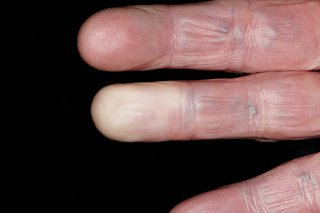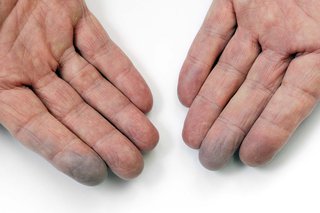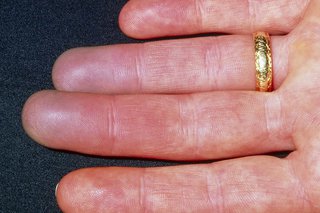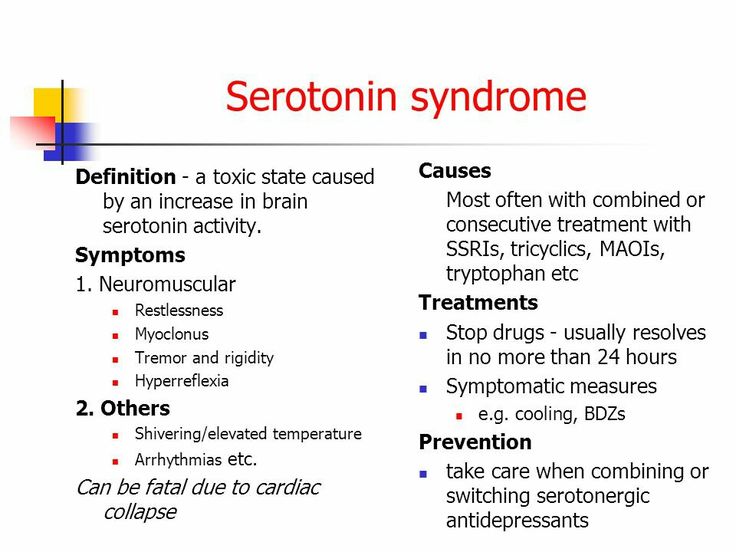Check if it’s Raynaud’s
Raynaud’s affects your blood circulation. When you’re cold, anxious or stressed, your fingers and toes may change colour.
Other symptoms can include:
pain
numbness
difficulty moving the affected area



Some people also find their ears, nose, lips or nipples are affected.
The symptoms of Raynaud’s may last from a few minutes to a few hours.
If you’re not sure it’s Raynaud’s
Things you can do yourself
Do
keep your home warm
wear warm clothes during cold weather – especially on your hands and feet
exercise regularly – this helps improve circulation
try breathing exercises or yoga to help you relax
eat a healthy, balanced diet
Don’t
do not smoke – improve your circulation by stopping smoking
do not drink too much tea, coffee or cola – caffeine and other stimulants can stop you relaxing
See a GP if:
your symptoms are very bad or getting worse
Raynaud’s is affecting your daily life
you only have numbness on one side of your body
you also have joint pain, skin rashes or muscle weakness
you’re over 30 and get symptoms of Raynaud’s for the first time
your child is under 12 and has symptoms of Raynaud’s
Treatment from a GP
If your symptoms are very bad or getting worse, your GP may prescribe a medicine called nifedipine to help improve your circulation.
Some people need to take nifedipine every day. Others only use it to prevent Raynaud’s – for example, during cold weather.
Sometimes your GP will examine you and suggest a blood test. In rare cases, Raynaud’s could be a sign of a more serious condition, such as rheumatoid arthritis or lupus.
Information:
Support from SRUK
SRUK is the UK charity for people with scleroderma and Raynaud’s. It offers:



